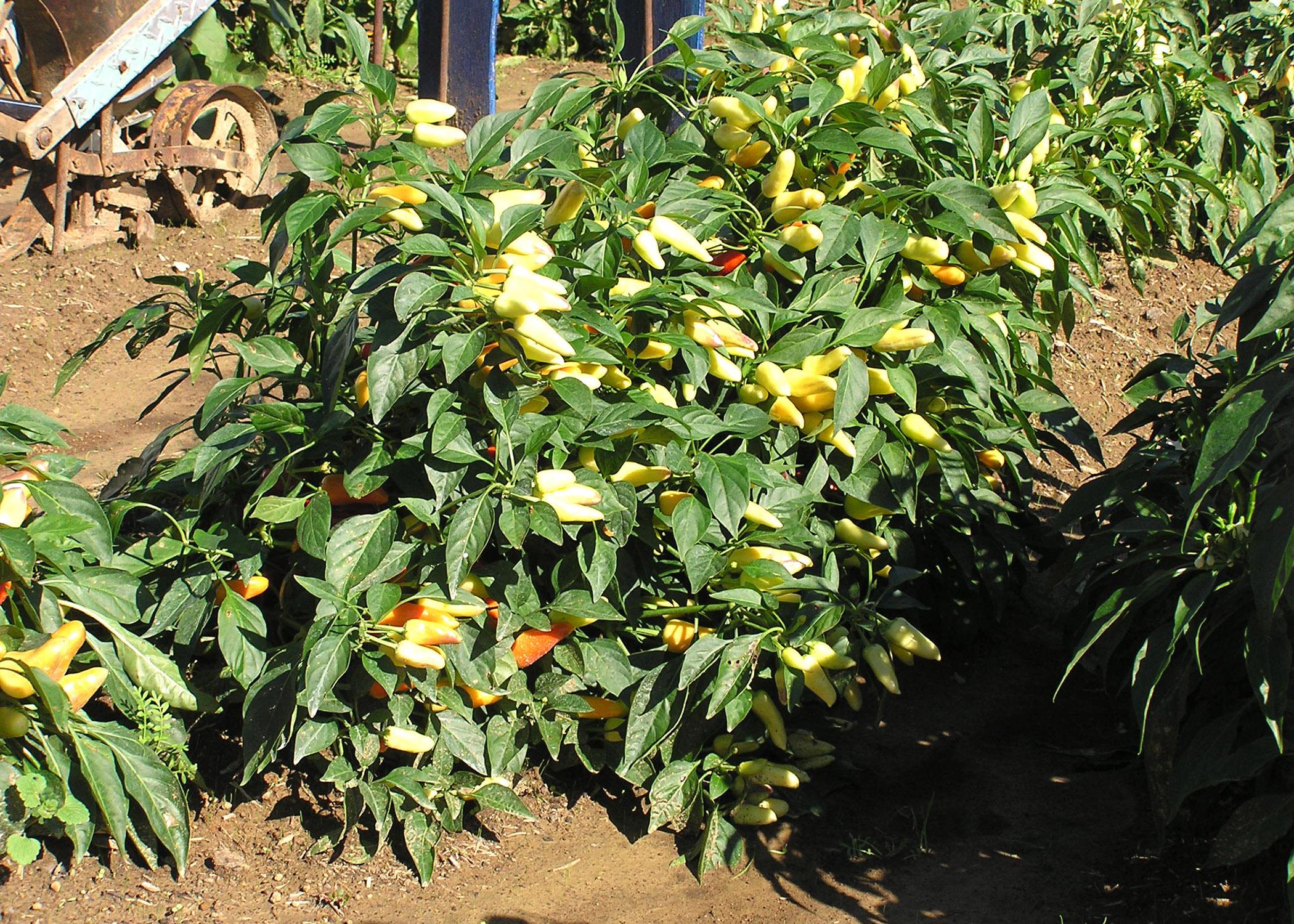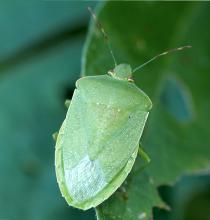Information Possibly Outdated
The information presented on this page was originally released on August 1, 2013. It may not be outdated, but please search our site for more current information. If you plan to quote or reference this information in a publication, please check with the Extension specialist or author before proceeding.
Fall, winter gardens offer fresh produce
JACKSON – The vegetable garden’s homegrown goodness can last well into the fall and early winter with proper care.
Summer vegetables, such as tomatoes, squash, cucumbers and peppers can all be replanted this time of year for a second harvest, said Rebecca Bates, Mississippi State University’s Extension Service coordinator in Lincoln County.
“Any type of indeterminate tomato plant will produce fruit through the fall until cold, disease or insects kill it,” Bates said. “As existing plants begin to play out, set out new ones. There is still enough favorable weather to have another round of your favorite summer vegetables.”
Examples of indeterminate tomato varieties are Better Boy and Big Beef.
There is no need to replant okra, she said. Plants that are cut back will branch out and produce again. Seed for cool season vegetables, such as broccoli and cabbage, can be started now and transplanted into the garden in September and October in central Mississippi, Bates said. Some types of vegetables, though, such as beets and greens, must be planted as seed directly into the ground.
Gardeners should choose planting dates that allow vegetables to mature before the first freeze in their area of the state.
Although gardening may seem easier in cooler weather, fall and early winter gardens require special attention.
“We can have some pretty dry weather in the late fall, and a garden needs one to two inches of rain per week,” Bates said. “So when we don’t get that, we need to continue to water.”
Extension entomology specialist Blake Layton said insects are a much bigger enemy to fight in the late summer and fall garden than earlier in the year.
“Insects reproduce many times throughout the year, so by the time we reach late summer and fall, their populations are pretty large,” said Layton, who is also a professor in MSU’s Department of Biochemistry, Molecular Biology, Entomology and Plant Pathology. “Gardeners who live near row crops will likely see larger populations of garden pests as the field crops mature and become less attractive.”
Layton said common late-season garden insects include stink bugs, leaffooted bugs and tomato fruitworms. Stink bugs are abundant every year and are especially attracted to fall tomatoes and peppers. Maintaining a spray program will help, and permethrin or bifenthrin are effective on all three insects. Be sure to check labels and preharvest intervals carefully because these vary depending on the crop, he said.
Caterpillar pests are common pests of early winter vegetables, such as cabbage, broccoli and cauliflower. These pests can be successfully controlled with the active ingredient spinosad, Layton said.
Diseases, such as root rot, leaf spot and downy mildew, can be a problem too, said Alan Henn, Extension plant pathologist in MSU’s Department of Biochemistry, Molecular Biology, Entomology and Plant Pathology and researcher with the Mississippi Agricultural and Forestry Experiment Station.
“As we enter tropical storm season, we have more days of overcast skies and rain, and those conditions are favorable for root rot, which causes a plant to wilt, turn yellow then brown from the base upward,” Henn said. “Leaf spot is more prevalent as the temperatures cool.”
The best protection from root rot is to plant on well-drained soils, including raised rows or beds. Chlorothalinil, the active ingredient in about 75 different products available to gardeners, will help prevent leaf spot, alternaria leaf spot and downy mildew, Henn said.
“Chlorothalinil acts as a raincoat for the plant, but it must be reapplied because it doesn’t spread as the plant grows,” Henn said. “During times the plant is experiencing vigorous growth, it is important to reapply at frequent intervals.”
Gardeners can visit their local Extension office for help identifying insects and diseases and selecting proper treatments. Extension publication 1091, The Garden Tabloid, provides in-depth information on vegetable gardening, from planning to post-harvest clean-up, including first-freeze dates. It can be accessed at http://extension.msstate.edu/vegetable-gardening-mississippi or picked up at any local Extension office.




